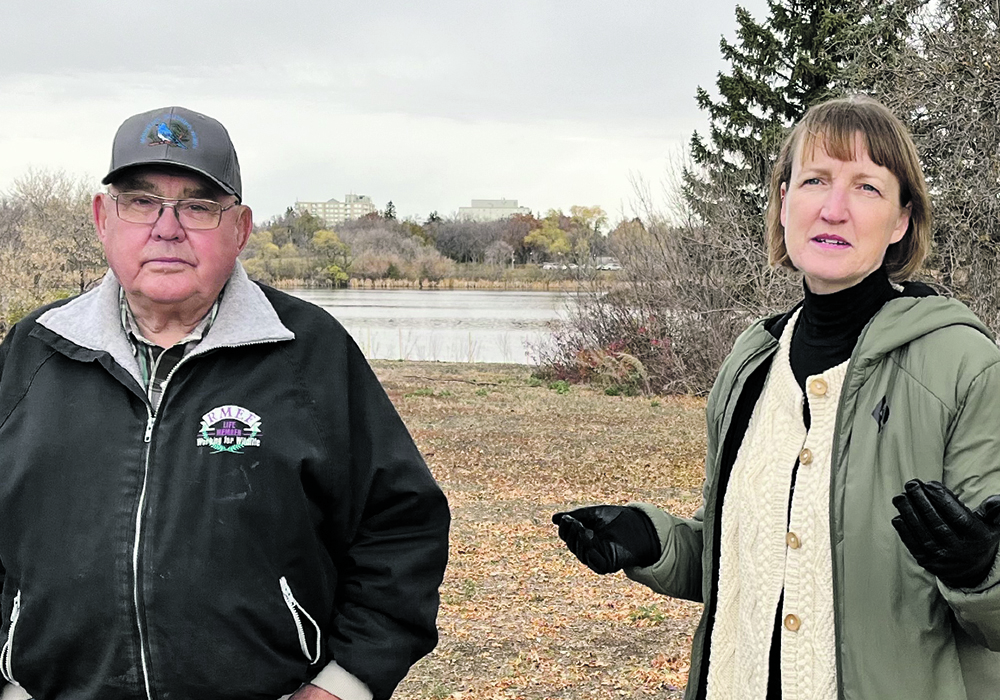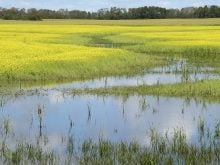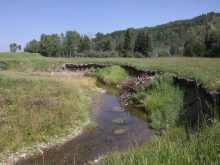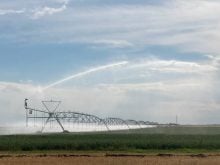REGINA — A group pushing for a wetland policy says it should have been a Saskatchewan election issue.
Wetlands for Tomorrow includes scientists, farmers and conservationists.
Last week at a news conference near Wascana Lake in Regina, spokespersons said everyone should work together toward a common goal of water quality.
Read Also
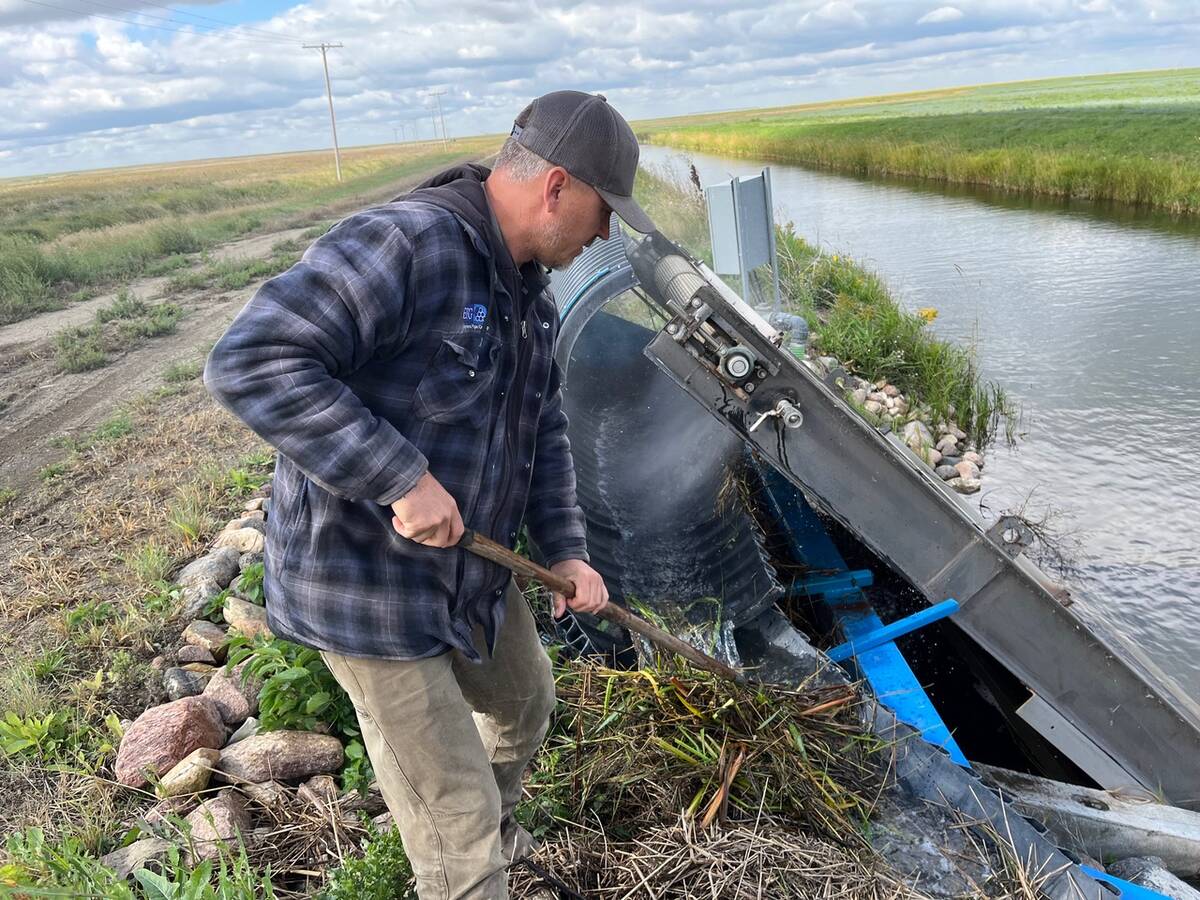
Saskatchewan farmer uses tile drainage to manage water
The integration of both irrigation and tile drainage results in higher yields, water efficiency, improved soils and less nutrient runoff, says one producer.
“The province of Saskatchewan really can’t afford to lose anymore wetlands,” said Kerri Finlay from the University of Regina.
Extensive wetland drainage has caused water quality issues throughout the southern part of the province, she said, and the problem is worsening every year.
“The scientific consensus globally is that the best way to improve your water quality is to restore wetlands or to just not drain them in the first place,” she said.
“If we’re going to mitigate any issues associated with water quality, we’re much better off just leaving the wetlands that already exist rather than draining them and then trying to restore them and spending a lot of money doing that.”
Lorne Scott, long-time conservationist, farmer and former Saskatchewan environment minister, said both authorized and unauthorized drainage has affected downstream landowners as well as lakes and rivers.
Increasing land values continue to threaten wetlands because farmers want to be able to plant more land.
“We need to have a balance and we need to have policies that are effective,” he said.
The role of wetlands in biodiversity and recharging groundwater can’t be overlooked, he added.
Neighbouring provinces have no-net-loss wetland policies, but Saskatchewan has nothing, he added. Finlay said a similar policy would be welcome.
“We need to collectively work on a policy that accommodates everybody’s interests and the values of wetlands,” Scott said.
Finlay agreed that wildlife and bird species have been affected by wetland loss. Carbon storage is another factor because wetlands store a “phenomenal” amount.
Research has found wetland drainage releases massive amounts of carbon.
“So there’s really no environmental benefit to draining wetlands. The negative impact across different environmental components is huge,” she said, adding there is global scientific consensus on this, too.
The province’s Water Security Agency has been consulting on a stewardship policy for a couple of years now. Scott said the agency is focusing only on agriculture and ignoring the other interests in wetlands.
Finlay has been part of the consultations and said the WSA’s own report includes expert commentary on quality, groundwater, surface water, hydrology, biodiversity and wildlife.
“That report itself, that they commissioned, says that there are negative impacts with every 10 per cent increase in wetland area drained. We’re going to see negative impacts across the board on all of these things,” yet it appears the WSA is not including that when making decisions, she said.
She also said all wetlands, regardless of size or duration, have value in some way.
Both said a wetland policy, science-based water policies and drainage mitigation should be priorities no matter who is governing the province. Scott said the notion that 80 per cent of the province’s wetlands remain is wrong because it includes lakes and rivers that would never be drained.
Finlay said government should better fund the WSA so it can enforce laws and follow the science.




